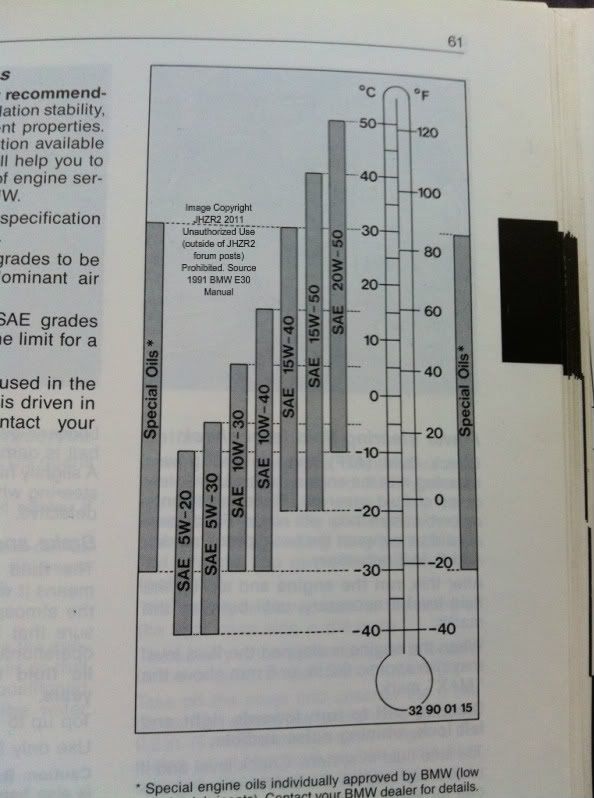Hi all, this question was asked 6 years ago so I thought I'd revisit it.
Trying to choose the best oil for an '88 E30 M3.
For the unfamiliar, it's got a high-strung 4-cyl engine that revs to 8,000 and has a operating oil temp of 180-250*F or so. This is a weekend fun car - not a daily, but I do like to flog it when I do drive it.
My particular engine has about 250k on the clock and runs well, so I'd like to squeeze as much life out of the engine as I can. These engines are notorious for trashing rod bearings and blowing seals. They are also amazingly expensive to rebuild.
Factory recommended weight when the car was new was 15w40 or 15w50. My understanding is that a couple years ago BMW changed the recommended oil weight to a 0w40 for all its older cars.
Among the owners, I see two opinions:
1) Pick a 40-50 weight oil with the lowest cold viscosity, i.e. a 0w40.
2) The high temps of the engine burn off any friction modifiers, so stay with a higher-weight oil, 15w40 to 20w50.
I know that ZDDP is a must, as it's a flat tappet engine.
My instinct is to pick a 0w40 oil like Mobil 1, in order to reduce wear on startup. But being as this is an old engine that is also pretty stressed, I don't want to pick something that's going to inadequately protect the engine.
Should also mention that I live in Los Angeles.
What do you guys think?
Trying to choose the best oil for an '88 E30 M3.
For the unfamiliar, it's got a high-strung 4-cyl engine that revs to 8,000 and has a operating oil temp of 180-250*F or so. This is a weekend fun car - not a daily, but I do like to flog it when I do drive it.
My particular engine has about 250k on the clock and runs well, so I'd like to squeeze as much life out of the engine as I can. These engines are notorious for trashing rod bearings and blowing seals. They are also amazingly expensive to rebuild.
Factory recommended weight when the car was new was 15w40 or 15w50. My understanding is that a couple years ago BMW changed the recommended oil weight to a 0w40 for all its older cars.
Among the owners, I see two opinions:
1) Pick a 40-50 weight oil with the lowest cold viscosity, i.e. a 0w40.
2) The high temps of the engine burn off any friction modifiers, so stay with a higher-weight oil, 15w40 to 20w50.
I know that ZDDP is a must, as it's a flat tappet engine.
My instinct is to pick a 0w40 oil like Mobil 1, in order to reduce wear on startup. But being as this is an old engine that is also pretty stressed, I don't want to pick something that's going to inadequately protect the engine.
Should also mention that I live in Los Angeles.
What do you guys think?





